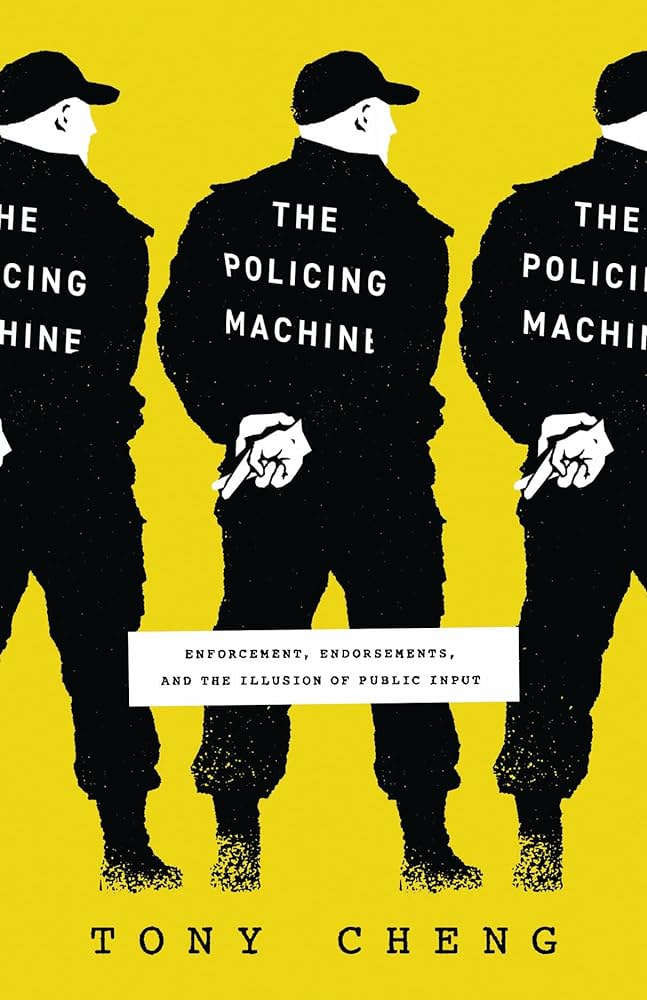2018 School Spending Survey Report
The Policing Machine: Enforcement, Endorsements, and the Illusion of Public Input
COPY ISBN
VERDICT This title about police departments will appeal to concerned citizens and policy makers. Pair it with An Inconvenient Cop by Edwin Raymond with Jon Sternfeld.
RELATED
ALREADY A SUBSCRIBER? LOG IN
We are currently offering this content for free. Sign up now to activate your personal profile, where you can save articles for future viewing




Comment Policy:
Comment should not be empty !!!